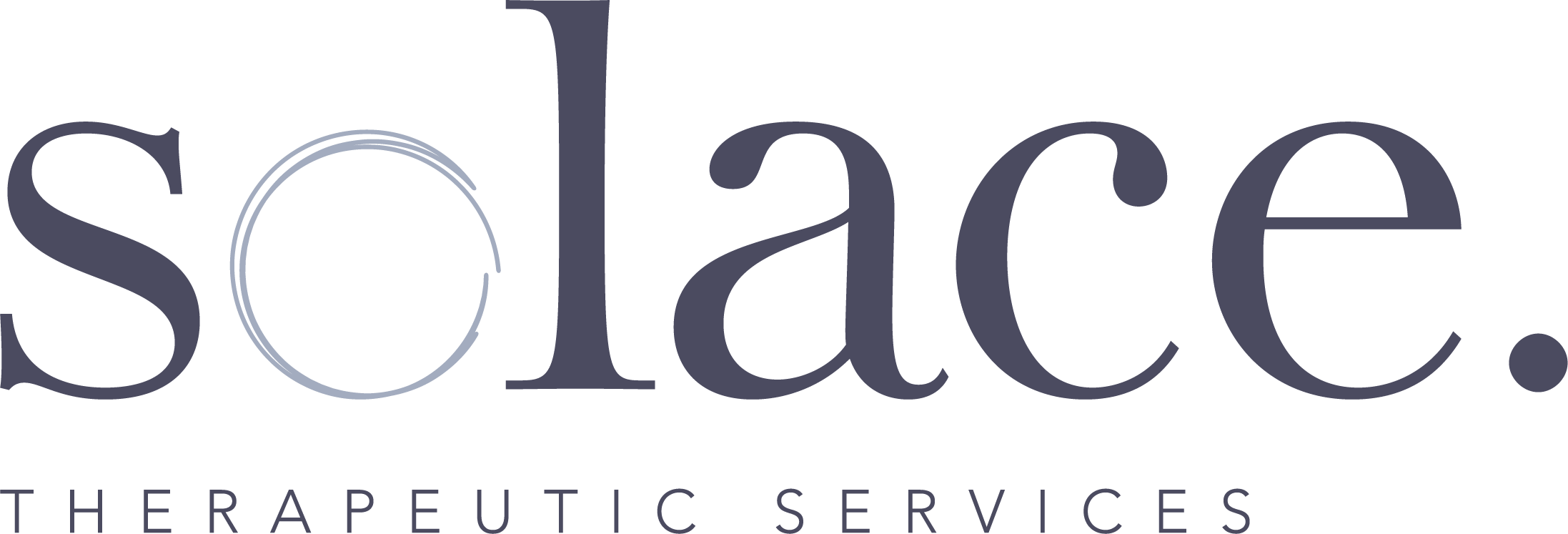What Should I Expect When Beginning Therapy?
Okay you’ve made it through the hard part of finding your therapist and reaching out for support, good for you! Now what the heck does therapy actually look like? We often hear from clients the nerves that can accompany beginning therapy for the first time. TV can be misleading. Do I sit, or am I supposed to lie down? Do I have to be on medication? What do I talk about? Is this something I actually need?
Sound familiar? We’ve been there. Starting anything for the first time comes with a mix of emotions. Not only are all those emotions all valid, they’re completely normal! The unknown can evoke fear, anxiety, sadness, overwhelm and more. However, there is power and comfort in having a general idea of what to expect, and hopefully these tips help prepare you for your therapeutic journey.
Reasons for going to threrapy: For help managing difficult emotions, support in navigating relationships, self-exploration and self-growth or to evaluate how negative experiences from the past are impacting your daily life.
The Meet and Greet:
Imagine, walking into a calm, comforting and welcoming space greeted by a warm smile and invitation to sit. This first interaction is usually focused on getting to know one another. (See our blog on finding the right therapist for a list of questions you can ask!). This first session sets the stage for what sessions may look like, and generally include conversation around what you like, who the important people are in your life and what brings you to therapy. It’s okay if this first session seems a tad awkward- it's new for everyone and it takes a little while to let our guards down and become fully comfortable with our therapists.
Assessments, Evaluations and Diagnosis:
You may find that your therapist aks you to fill out questionnaires or verbal assessments which include a list of questions around your symptoms. These tools are used to guide therapists in understanding relevant diagnoses and symptom severity. Your therapist will explain any diagnosis they feel you may be working with and help understand what the symptoms of that look like. It can be helpful knowing there’s a name for what you have been struggling with, and some of these assessment tools are great measures to determine symptom improvement.
Understanding your story, and setting goals.
As sessions progress you’ll find yourself diving deeper into your thoughts, emotions and experiences. This can be like peeling back the layers of an onion- revealing all of the different factors that contribute to who you are. Your therapist will ask you thoughtful questions, guide you through exercises and begin offering insight into some of your patterns and behaviors. This can be helpful in identifying areas for improvement and setting goals that you can begin actively working towards.
Challenges and navigating the hard stuff.
Once you have created a solid foundation of trust and exploration, you may begin to feel safe enough to venture into the tough stuff. It can be challenging exposing yourself to painful memories or difficult emotions, however it is essential for growth and progress. Your therapist will help guide these moments so that you can maintain control and not become overwhelmed by things that were likely avoided before.
Between session homework/tasks.
Homework stinks, but in therapy it can be helpful! You may find that your therapist gives you exercise, coping skills and strategies to apply in between your sessions. These skills help enable you to effectively apply the skills you have learned in sessions, in your world outside of the therapy room. Find what works, what doesn't and cater your specific coping skill, and therapy practice toolbox for continued growth and progress.
Tracking progress and assessing your plan.
With ongoing therapy you’ll find that both you and your therapist may track goals with periodic reflection on areas of improvement and areas that still feel a little “sticky.” Celebrate these goals and progress, no matter how small they may seem! Every victory deserves to be celebrated. At some point, you may find that there are less topics to discuss, or that you are experiencing more satisfaction and reduced stress than when you first began therapy. Part of this growth may prom[pt a reduction in sessions, or termination of your therapeutic journey once all goals are met.
